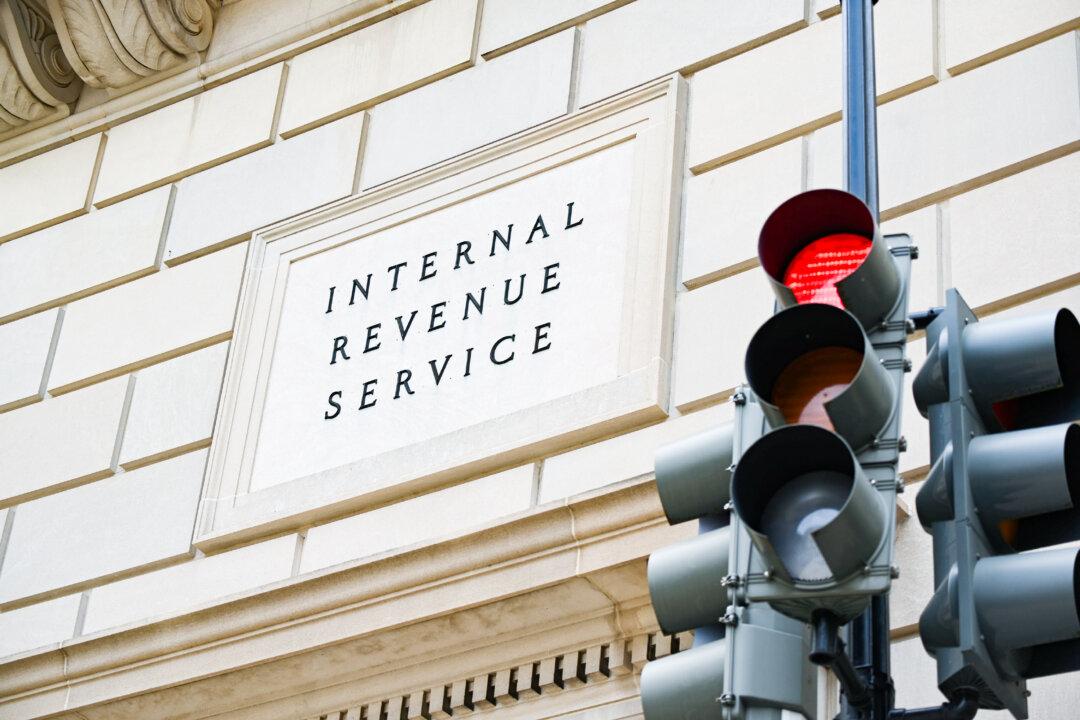The IRS has issued a warning asking tax professionals to watch out for “identity theft red flags” as criminals attempt to steal clients’ sensitive data.
“Tax professionals have a precious commodity that identity thieves desperately want—client tax information. With stronger fraud defenses put in place by the IRS and Security Summit partners, identity thieves need this essential information to help complete their crime,” the agency said in an Aug. 8 news release. In case tax professionals identify an identity theft issue, they should “immediately” contact the IRS as well as insurance or cybersecurity experts to determine the cause and extent of loss.





